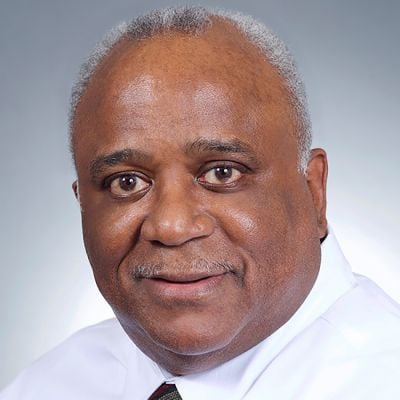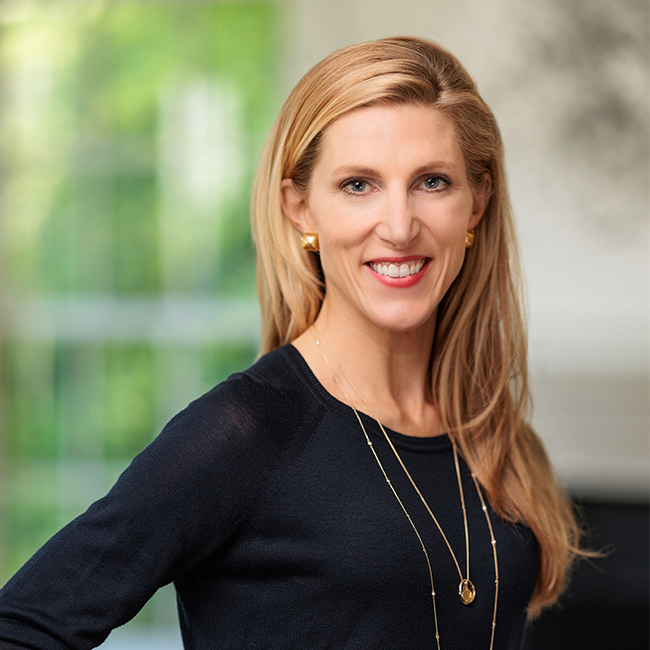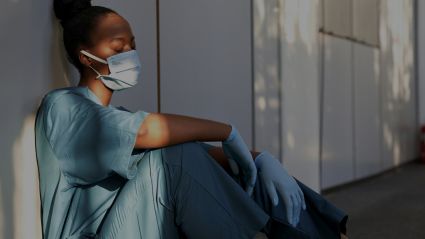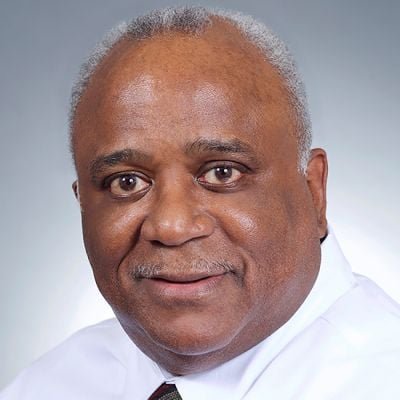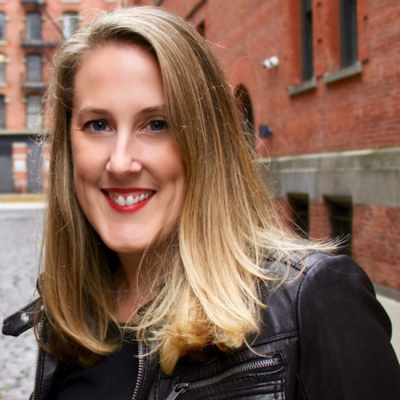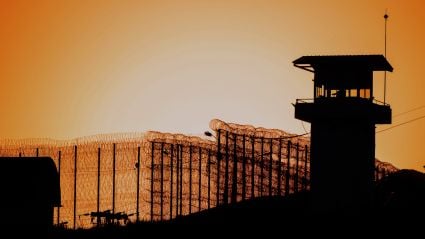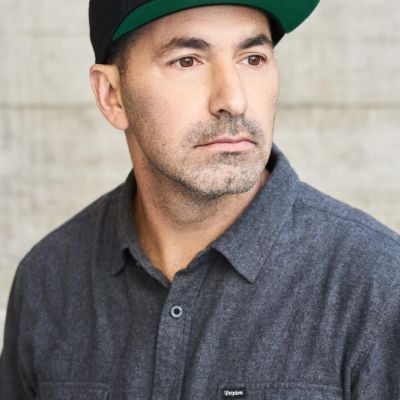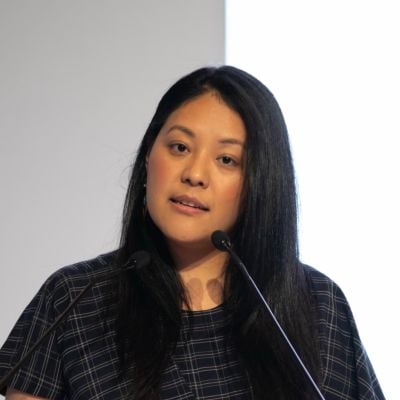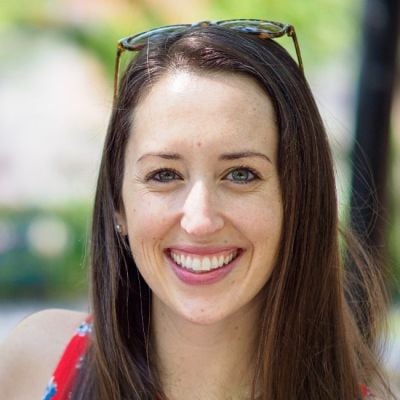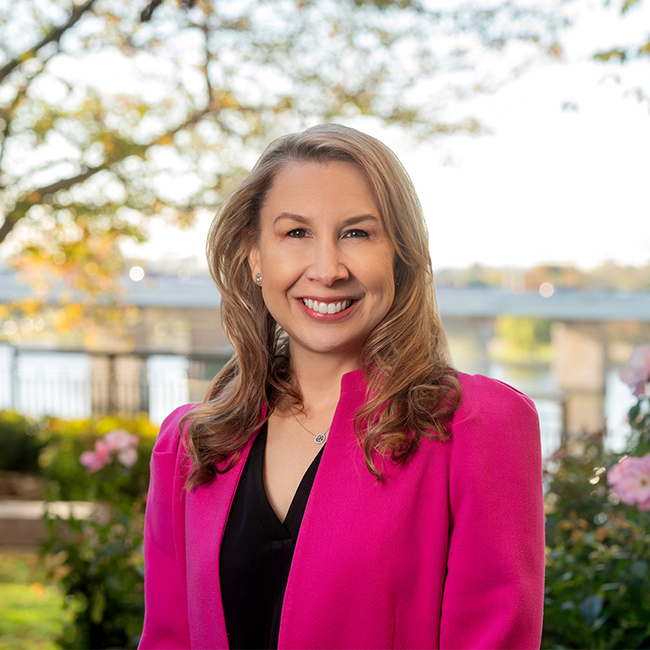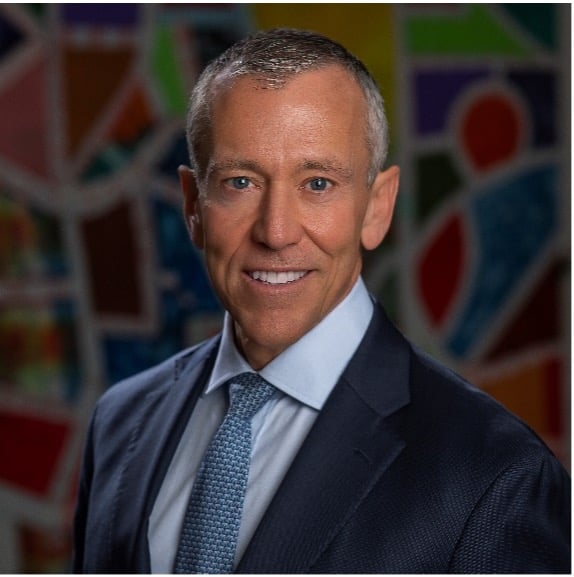The coronavirus pandemic has created a moment of choice. America has always struggled to balance its first principle to the conservation of high-quality lives against the demands of economic interest. In his first draft of the Declaration of Independence, Thomas Jefferson wrote: “We hold these truths to be sacred & undeniable; that all men are created equal & independent, that from that equal creation they derive right inherent & inalienable, among which are the preservation of life, & liberty, & the pursuit of happiness; that to secure these ends, governments are instituted among men, deriving their just powers from the consent of the governed…”
In the final draft of the declaration, “preservation of life” was shortened to “life,” but the founding principle that Jefferson articulated survived in that one word. First principle: Government was organized to conserve life, and that life was equal, inherent, and inalienable to each individual. We all consent to be governed by the principle of life, liberty, and the pursuit of happiness. In its time, this was a truly revolutionary social contract that brought forward a new social order.
Yet, at the moment of birth, the new nation faced a choice that required an application of those principles. The founders compromised. The issue was slavery. The lives of Black slaves powered an agrarian economy that could not exist if it were dependent on free labor. The founders subordinated the lives of Blacks to their business interests, and in that instance, they introduced racism, violence, and discord into their new social order. It has taken over 250 years to undo the damage of that decision.
Government must do all it can to conserve life, even in difficult times.
Many will think the choice before us today is different, but listen carefully to the argument. The virus has created a toxic environment that poses a risk to human life. Mitigation strategies were implemented to reduce mortality rates, the centerpiece of which was sheltering at home. With most Americans homebound, mitigation put on pause large sectors of our economy, which has triggered depression-level unemployment and the shuttering of many businesses.
Voices are being raised saying we should ignore the toxicity and restart our economy because the economic dislocation that is associated with mitigation is worse than tens of thousands dying. Death, they argue, is an acceptable price to be paid to save the pre-coronavirus economic order. Their advocacy is to elevate the risk of death for many in our society in order to protect established business interests. They understand that this ultimate sacrifice will fall disproportionately on seniors, essential workers, the poor, those living with compromised health, and those with poor access to health care.
In times of war, when an external force seeks to subjugate us, we accept that in resisting, lives will be lost. We can also accept that lawbreakers must be apprehended, and loss of life might occur as a result. What is not acceptable is government leaving us with a choice of endangering our children, family, and neighbors because we have to choose between being safe and being employed. We should not set a precedent that in a public health crisis, we should break with the first principle of our social contract by elevating the risk of death for many to protect the business interests of a few. The first principle is to preserve life, and the social contract is inviolate.
Our economy must be organized to conserve high-quality, long lives. The idea is not to preserve a particular set of businesses. Businesses come and go as consumer demand dictates. Our economic life must align and support the social contract; they must sustain life from one generation to the next. We want policies that lower the probability of death while promoting well-being. Government must do all it can to conserve life, even in difficult times. That means it must manage—including anticipating—the environment, the economy, the politics, and whatever else is necessary. Government cannot say it is not responsible, that it did not know, it was somehow misled, or deceive us into believing that the responsibility lies elsewhere. Each administration, each branch of government, swears an oath to protect us, and it must do its job whatever the circumstances.
Finally, to those of whatever political persuasion who ask us to accept mass deaths as the only solution to protect the interest of business owners: You should join with the voices who are demanding government execute a plan that fosters a vibrant business community while making sure that its economic policies do not elevate the risk for a shortened or poor quality of life for those whom it governs.
